Small communities can take strategic steps toward cultivating foreign investment
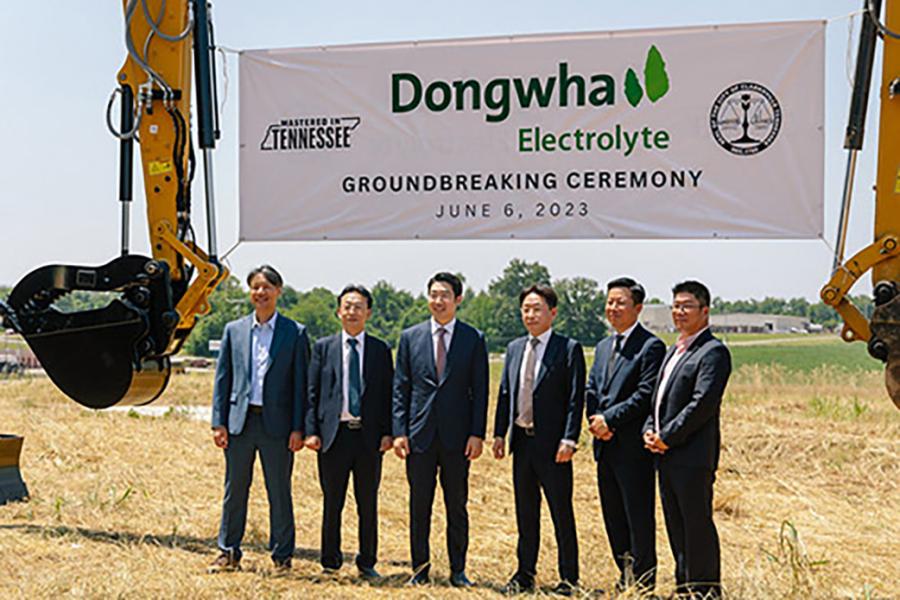
By KATE COIL
Assistant TT&C Editors
With foreign direct investment (FDI) vital to both the state and local economies, many municipalities around the state have found landing international investment can be a powerful economic engine.
Karel Abboud, global director of FDI and Trade for TNECD, said FDI can often revolutionize a local economy.
“If you are bringing investment into a small local community, they are creating jobs that will increase that local economy,” she said. “It’s going to help increase local business. Having foreign direct investment is just as valuable as having domestic investment because, in some cases, they can bring in more money for investment. It is going to bring more people into the city, into the county, and that’s important to keep in mind.”
As such, there are many steps municipal officials can take to help the state’s economic developers – and themselves – bring in FDI.
READY BUILT SITES
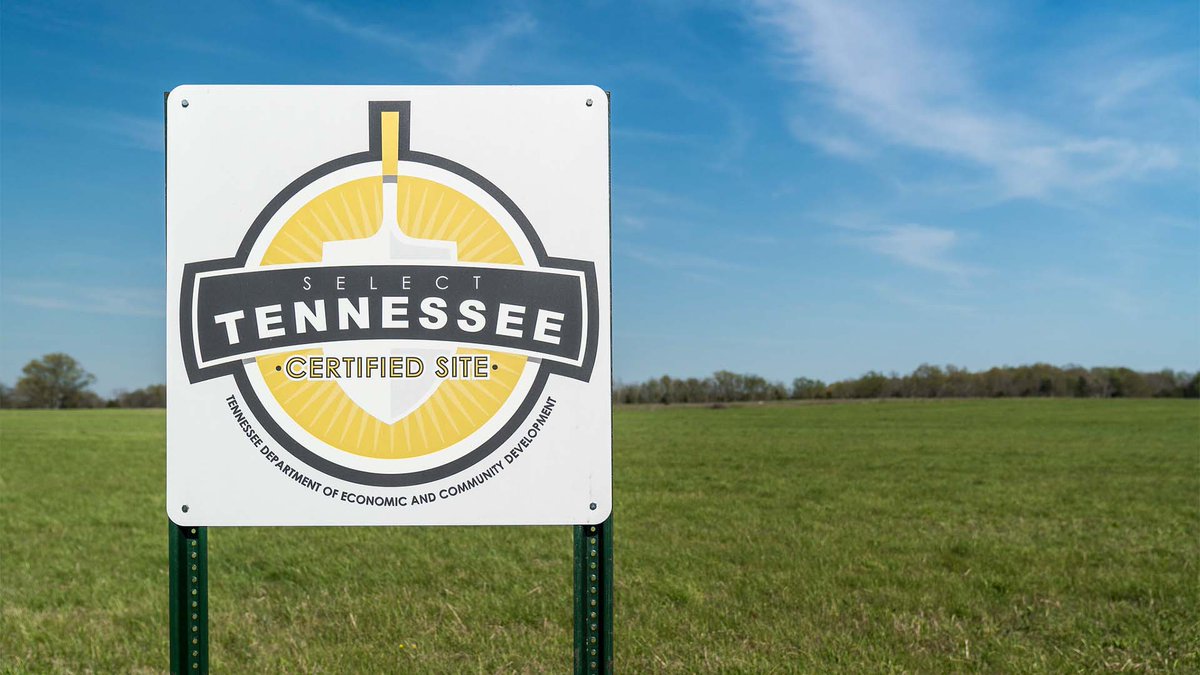
Lyndi Berrones, assistant commissioner of strategic initiatives for TNECD, said since time is money, many international companies want to move as quickly as possible when making investments. As such, they are typically more interested in sites that can be built on as soon as possible.
“A lot of our FDI companies end up building sites from the ground up,” she said. “Tennessee has a very robust site development program where we are investing in sites prior to a company even showing up. We are putting lots of money into making sure sites are shovel-ready. Every FDI project seems to be on a timeline that is going at 300 miles-per-hour. Being able to take them to a site that is already ready to build is perfect for them and a game changer for us too.”
A recent report State of Site Selection 2024 report from the Site Selectors Guild (SSG) found 82% of global site selectors said the availability of development-ready sites with sufficient infrastructure capacity is the top driver of where they choose to land. Berrones said, for this reason, having a ready-built site can almost guarantee visits from international investors.
"They could be the best community for an international company, but if they don’t have a site ready to show them, the international company is never going to make it there,” she said. “If you have a site in your community, you are going to get a visit from an international community. We have site searches every week, multiple times a week for companies looking at Tennessee. We need our communities to focus on having something that works, can be shown and developed.”
BOOTS ON THE GROUND
While the state maintains offices and outreach in several countries, they aren’t the only game in international outreach. Berrones said municipalities themselves have started taking the lead on international recruitment.
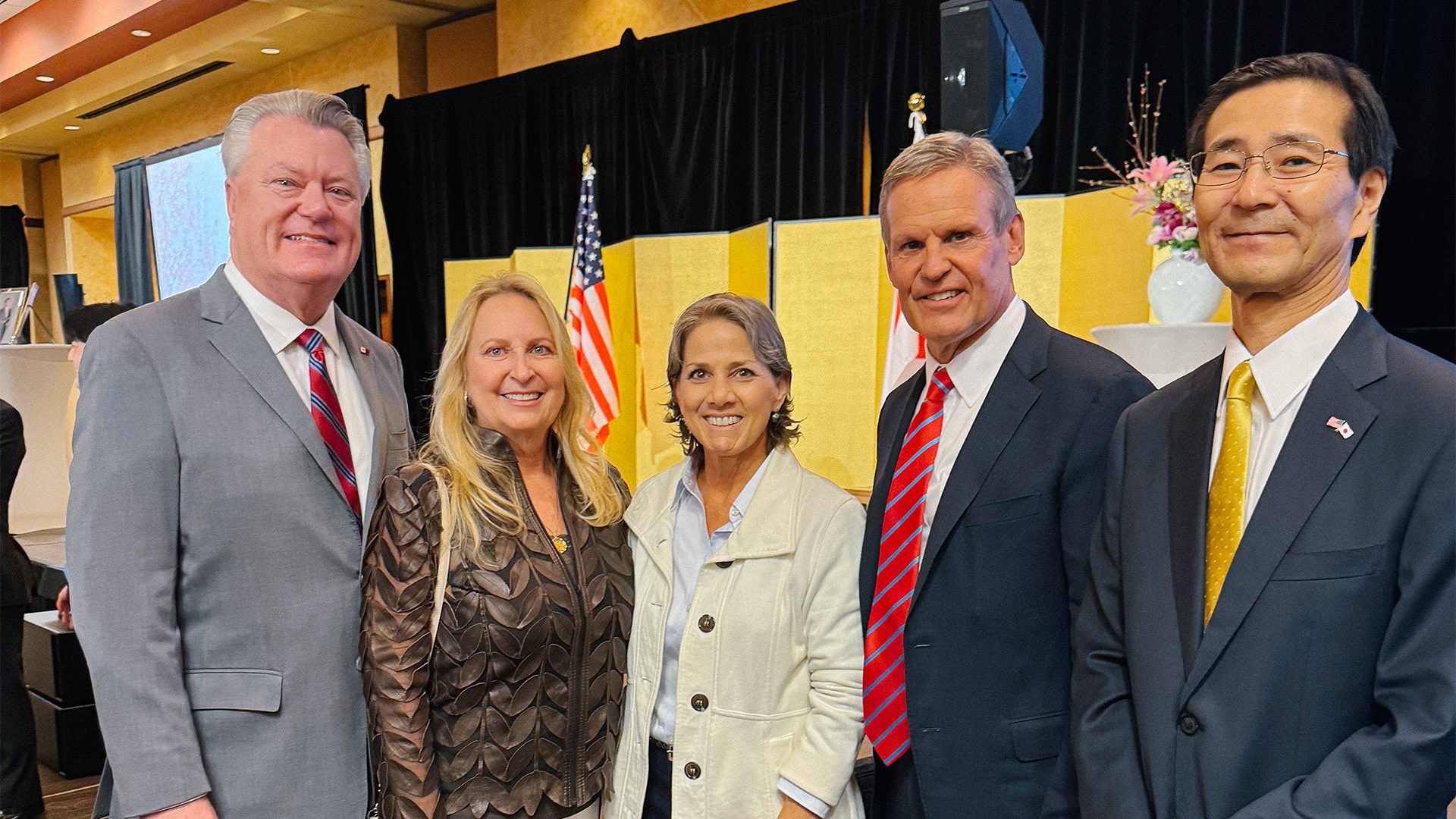
“We have very proactive communities,” she said. “I just went on a trip to South Korea in the past year with a community, not a state-led trip but a community-led trip. Tennessee is ahead of the game in a lot of ways in understanding the importance of recruiting international companies. It is no longer something just the state is focused on; we have individual communities leading international trips to go recruit.”
For those who do not have the means to travel abroad themselves, Abboud suggests getting involved in programs that help connect with the international community.
“If there is something a city wanted to get more involved in, there are city sister partnerships or agreements that could open them up to more international attractions and could lead to more FDI in their city or county,” she said. “There are all kinds of Sister City agreements whether they are cultural, educational, business-related or a mix of all of those things. It can be an interesting way for them to increase their exposure.”
When companies come calling, Abboud said most want to get a taste of Tennessee, learn from its culture, and assimilate to it. She said a little local color can help foreign investors better picture their companies here.
Additionally, Abboud said the state’s in-country officials have fact sheets and contact points for other companies from the same country already operating in Tennessee to showcase how the two cultures mesh well.”
“We use this a lot when we are recruiting other companies,” she said. “We have a fact sheet that just has Japan’s investment in Tennessee, and we use that to show other Japanese clients that we have already had successful Japanese investment in Tennessee. We use that to our advantage, to show that other companies have been happy here and are continuing to grow.”
RURAL DEVELOPMENT
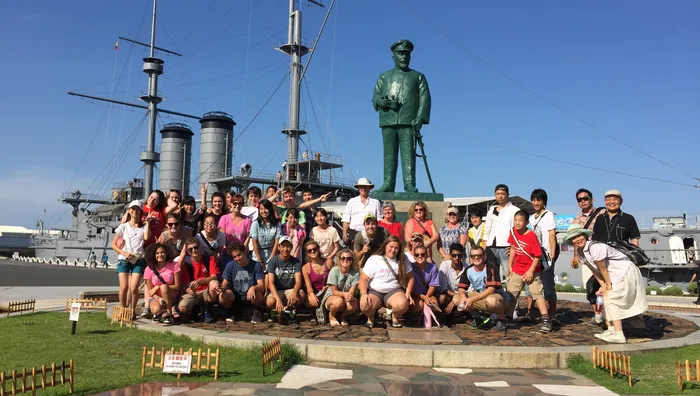
FDI has become an important component of rural development and economies. Berrones said rural communities would be misguided to think they aren’t on the radar of foreign investors. In fact, economic studies have shown FDI in more rural areas can create more jobs and support a more diverse range of private sector investment than in urban areas.
“There is more of a mindset that international companies would do better in big cities because they have more of a sense of openness,” she said. “I have actually seen a lot that says the opposite is true is Tennessee.”
In fact, the demand for U.S. locations to combat the supply chain and distribution issues post-pandemic have led to more and more companies looking to rural communities as they are more likely to have the space – and space for future expansion – urban centers cannot provide.
Berrones said the rural landscape and culture can be a major draw for some companies.
“For a Canadian manufacturer we recruited several years ago, the sites that worked best for them were in very rural areas of Tennessee,” she said. “When they got here, they commented on how the sites and communities we were showing them felt so much like home. They said in Canada their folks listen to country music and drive pick-up trucks, so that’s what they feel comfortable with. When they invited us to their plant in Canada, I thought it looked just like rural Tennessee. It’s the same with Korean and Japanese companies. There are small towns and villages that are big centers for companies over there, and so they like to see that here. It doesn’t matter what country they are from, they love to see the rural side of Tennessee. They are so open and value that side of things.”
MADE IN TENNESSEE
While there are many who still prefer to buy goods that are “made in America,” it can be important to remember that the concept of “foreign” and “domestic” companies is starting to change.
In fact, many foreign-based brands like Bayer, BP, Bridgestone, ING, Honda, Nestle, Nissan, Siemens, Toyota, Samsung, Sony, Unilever, and Volkswagen have more investment and employees in the U.S. than in their home countries. While a company may have an international headquarters in another country, Berrones said that no longer means they should be thought of strictly a “foreign” company.
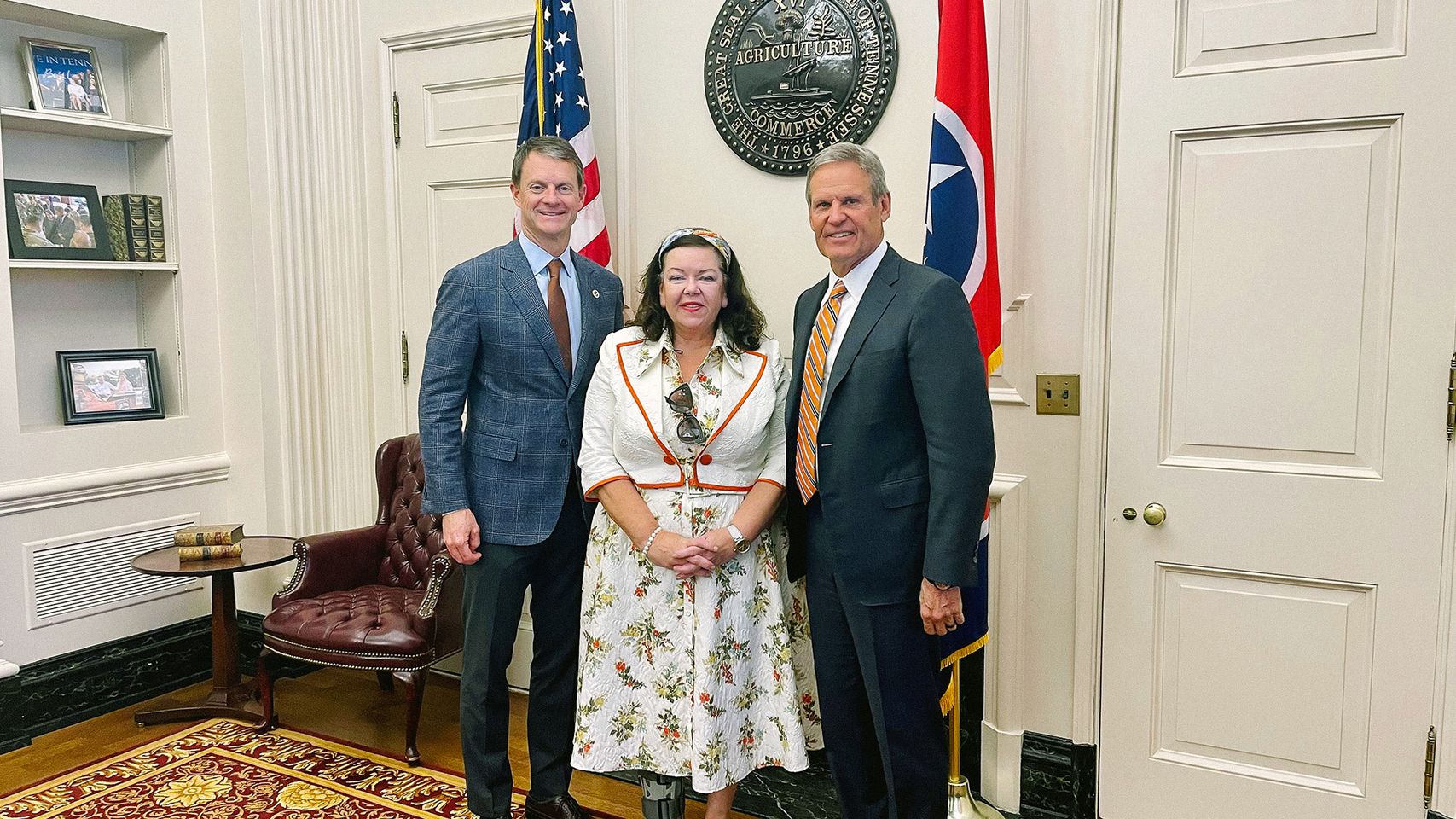
“Due to globalization, the lines are getting blurred between what is a domestic company and what is an international company,” she said. “I think so many joint ventures and mergers have made it less nuanced about whether a company is based in the U.S. They may be based in the U.S., but their operations are all over the place. Ford, which people might think of as the most American companies in the world, is now a joint venture with SK, one of the largest Korean companies. What we care about is the jobs and what the project will do to increase the quality of life of Tennesseans.”
Likewise, Abboud said when a company does choose to invest in Tennessee, it is important to think of them as a Tennessee company first and foremost.
"When a company like Nissan or LG comes in and are creating 1,400 jobs they aren’t bringing those jobs from overseas; they are employing all Tennesseans,” she said. “The beauty of it is that those businesses established locally now have more money in their pockets because that company has brought in those workers and those jobs. They are employing Tennesseans; that’s what we need to keep in mind. They may have a German headquarters, but once that company is here, they are creating jobs for the Tennesseans based here.”
Abboud and Berrones both noted that once a company locates to Tennessee, they also have to officially become a U.S.-based entity and follow all of the same rules and regulations of a U.S. or locally-based company.
“Our message to any company locating in Tennessee is always ‘welcome home,’” she said. “I think they become a Tennessean just like when In-and-Out moved here. That has been the way we treat companies when they locate. The foreign-direct investment that is coming here ultimately is creating jobs and is benefiting the local economy. It is going to better the community.”
